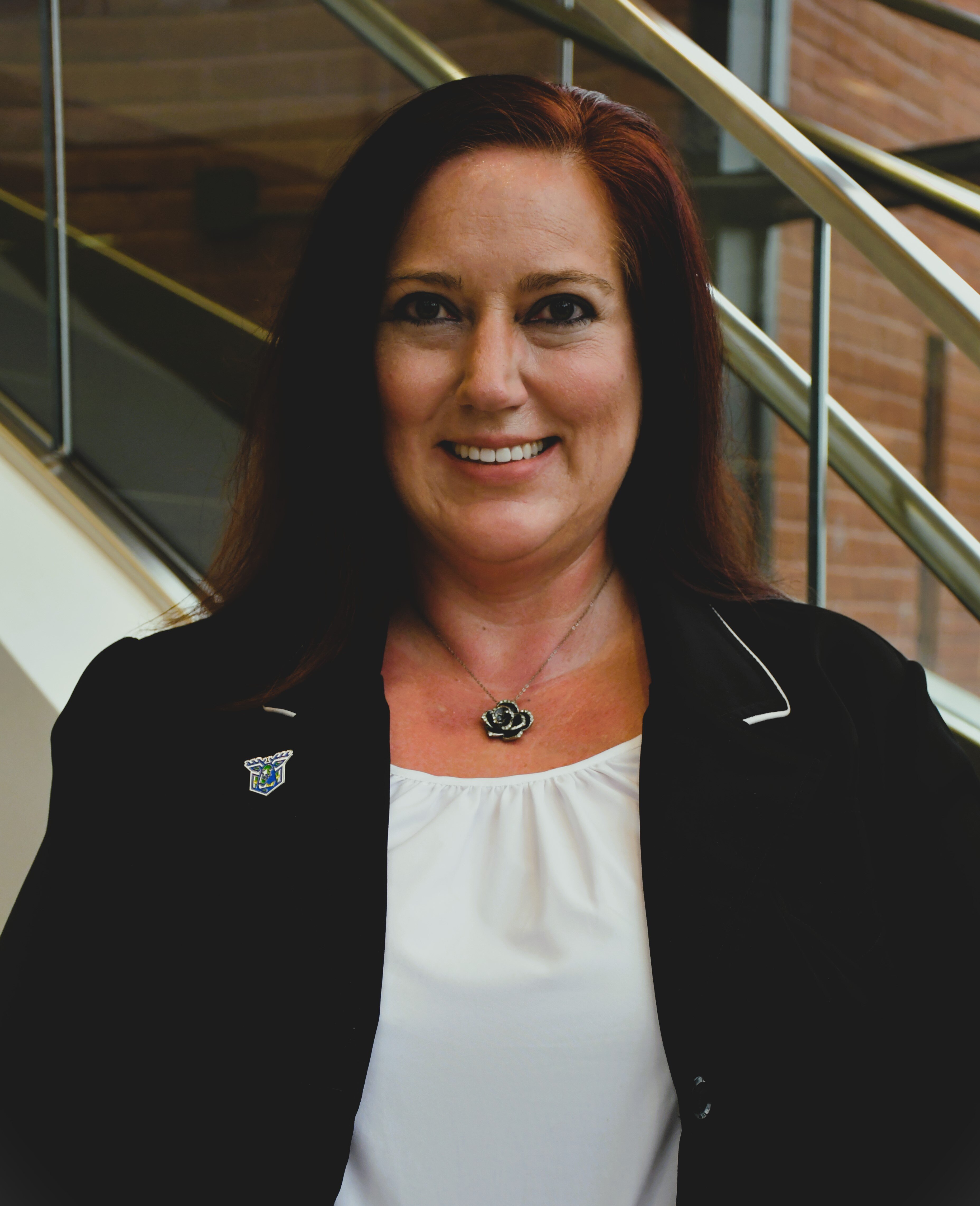More than ever before, Career Readiness is an area of strategic emphasis in Higher Education. The pressure is higher than ever on colleges and universities to ensure that students are ready to enter the workforce upon graduation and to quickly see the return on their educational investment. According to the National Association of Colleges and Employers (NACE), “Career readiness is, quite simply, the new career currency.”
This push to promote career readiness is happening on campuses across the country. Thanks to increased workforce demands and rising student debt, students and their families want a guarantee that higher education will lead to a promising career path. And with a rapidly evolving workforce, employers want graduates with relevant skills and the ability to adapt to technological advancements and new challenges arising everyday.
Career readiness not only supports students and the workforce, but it also benefits colleges and universities themselves. Through a strategic campus-wide prioritization of career readiness, colleges can enhance the employability of their students and improve their post-graduation outcomes, they can support students’ lifelong career development and uphold their institutional mission and values, and they can positively impact the global economy as a whole and establish themselves as innovative and indispensable.
There are many ways a college can integrate career readiness into the campus culture. One of the most effective ways of doing so is by incorporating career readiness in the classroom.
Our partners at Gordon State College have done just that. Gordon State is utilizing Steppingblocks’ Digital Career Counselor tool to engage students in career readiness early and often. Jasmine Copeland, Gordon State’s Career Coordinator, has leveraged Digital Career Counselor in several classes with students and developed thoughtful assignments to get students thinking about their career goals.
Students at Gordon State College get introduced to career readiness in their FIRE course, which is designed specifically for first-year students. In addition to helping students learn how to navigate life at Gordon State, the course requires students to log into Steppingblocks and begin exploring career outcomes data. Copeland explained: “We’re building Steppingblocks into the college process and explaining to them this is their career planning platform they will be using throughout their educational journey at Gordon State College.”
In collaboration with faculty, Copeland has also incorporated Digital Career Counselor into a variety of classes that are open to all students. In these courses, students are given a semester-long project that requires them explore possible career paths using Steppingblocks. Copeland explained, “Last semester, the project was ‘What’s Your Passion?' where students are logging into Steppingblocks, completing the personality test and deciding on two careers to further investigate.” Using the tools and data in Digital Career Counselor, students began making career plans. “At the completion of the project, students present on an education pathway, salary prospects, and necessary skills needed for their chosen pathways.” With this project, students not only became comfortable with navigating the Digital Career Counselor platform, they were also able to start thinking critically about how their desired career goals might align with their plans for their time at Gordon State.
This was especially true for some of the students in these courses who are dual-enrolled high school students. “I’ve actually had some of the high school teachers ask me about it because the students have gone back and talked about this tool that was super easy and not confusing.”
Copeland shared that the student response to Digital Career Counselor has been overwhelmingly positive. As they explore the tools and the data, many students identify with the results of their personality assessment and find paths that align with their own vision for themselves: “The suggested career paths in Steppingblocks often line up directly with what they have in mind for their future, so this is an interesting component of the project.”
Copeland explained career preparation and readiness is a priority across Gordon State College. Copeland shared, “The Center for Workforce Development at Gordon State has fully embraced our role in the USG’s goal for meeting the needs of our state’s economy and workforce by ensuring our graduates are well prepared.”
At Gordon State, integrating Steppingblocks into the curriculum has proven to be a highly successful strategy for promoting students’ career readiness and development. However, curriculum integration isn’t the only way to promote career readiness on campus. Students can engage with their career development through experiential learning opportunities, through career counseling and advising, through networking opportunities, and more.
Are you looking to promote career readiness and Digital Career Counselor with your students, but don’t know where to start? Check out some of these resources from Steppingblocks:
Interested in how you could leverage Steppingblocks? Explore now.



